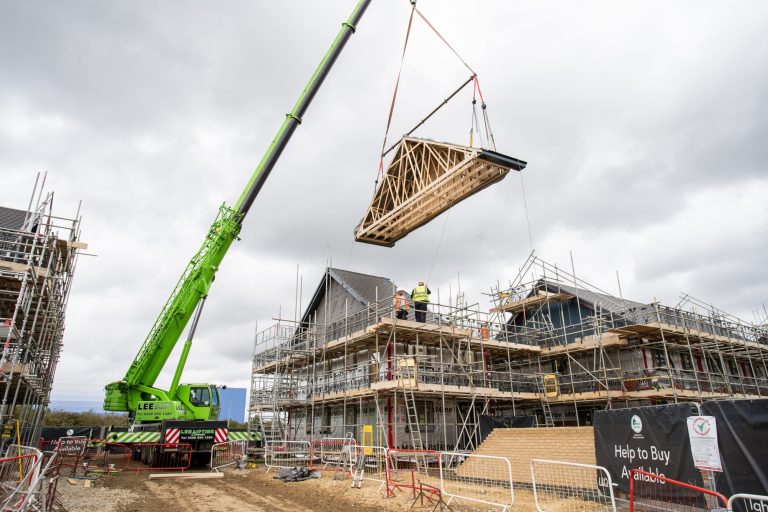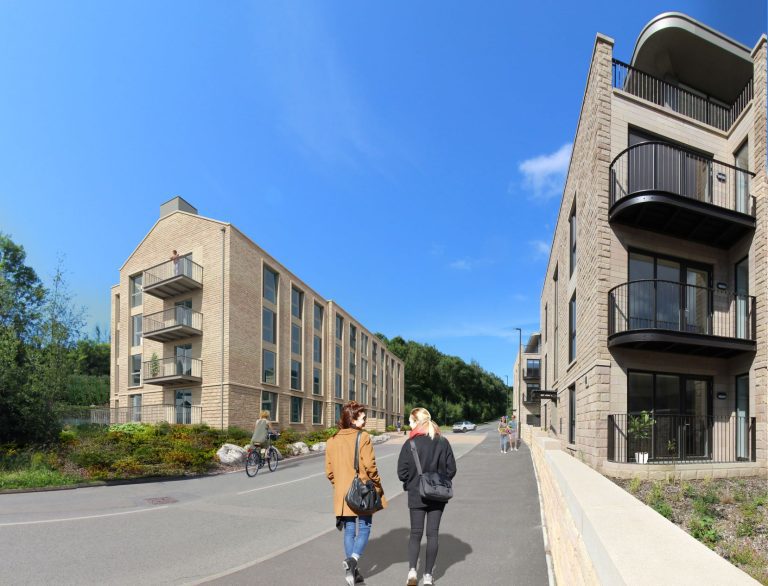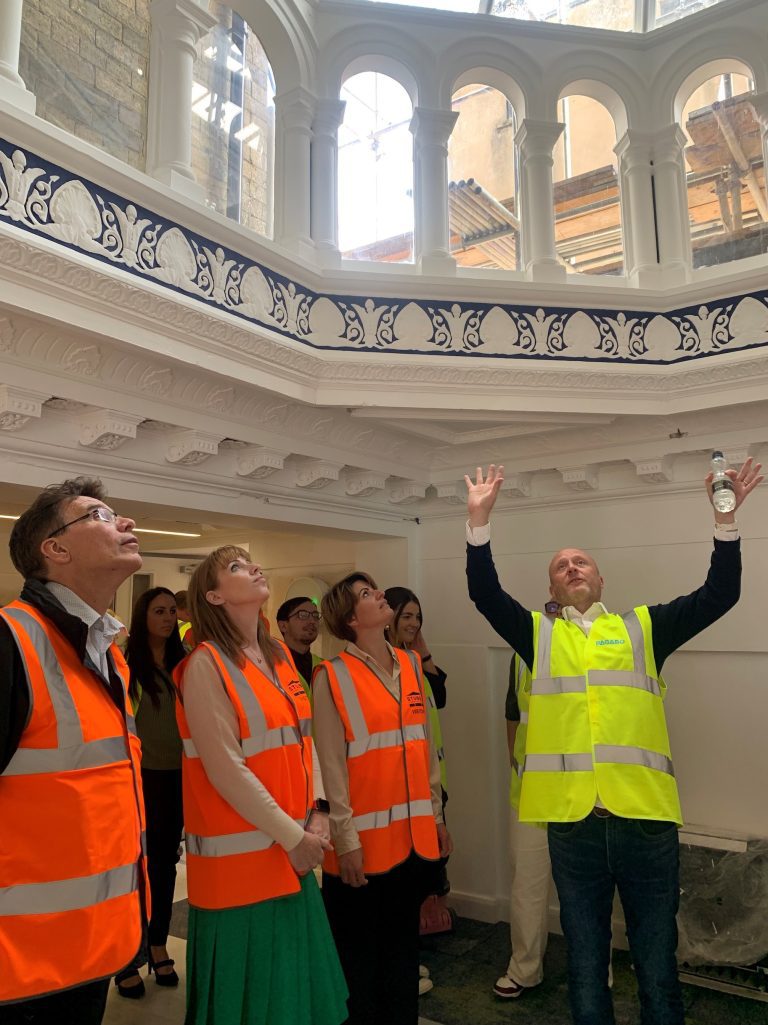The latest research from Warwick Estates has revealed which pockets of the national new build market still offer homebuyers the opportunity of a stamp duty saving right up until the final September deadline. While the initial stamp duty holiday for homes valued up to £500,000 has now passed, homebuyers purchasing up to the sum of £250,000 will still pay no stamp duty right up until the end of September. However, it’s no secret that the new build market carries a property price premium compared to existing homes. In fact, the average new build house price is currently £348,298 in England, 30% higher than the average price for an existing property. This would suggest that the average new build homebuyer may find it tricky to find a property that sits below the current and final stamp duty holiday threshold and at a regional level this may be the case. Just two regions are currently home to an average new build house price below £250,000, the North East (£217,985) and Yorkshire and the Humber (243,791). However, when analysing the market at local authority level, Warwick Estates found that there is still some hope. In fact, 23% of local authority districts in England are home to a new build average house price that still sits below £250,000. You can see the full table below but the list includes areas from all over England including Northumberland, Plymouth, Great Yarmouth, Manchester, Ipswich, West Devon, Lancaster, Southampton, Liverpool, Scarborough, Norwich, Nottingham, Bradford, Gateshead and Stoke. COO of Warwick Estates, Bethan Griffiths, commented: “New build homes will always attract a premium when compared to the wider market and so those looking to climb the new build ladder will always need a little more in the savings pot. However, there seems to be a common misconception that new build homes are vastly unaffordable but as the figures show, the average new build home costs less than £250,000 across nearly a quarter of all areas in England. So not only can a new build home be purchased at a relatively affordable price point, but those currently in the market for one have a good chance of still securing a stamp duty free sale.” Location Average New Build House Price England £348,298 East Midlands £302,701 East of England £404,852 London £525,927 North East £217,985 North West £262,731 South East £420,199 South West £348,888 West Midlands Region £305,790 Yorkshire and The Humber £243,791 Data sourced from the Gov.uk – UK House Price Index (New Build vs Existing). March 2021 – latest available data. Table shows the areas of England where the current average new build house price is still below £250,000 Location Average New Build House Price Northumberland £246,397 Fenland £245,637 City of Plymouth £243,533 Great Yarmouth £241,469 Manchester £239,678 Telford and Wrekin £238,884 Ipswich £238,831 West Devon £238,777 Allerdale £238,665 Newark and Sherwood £238,329 Knowsley £237,455 Sandwell £236,847 Tameside £234,525 Tamworth £233,614 Rotherham £233,322 Wolverhampton £233,189 Lancaster £231,215 Torbay £231,043 Southampton £230,143 Salford £229,586 Kirklees £229,494 North East Lincolnshire £228,064 Eden £226,530 St Helens £225,820 Liverpool £225,450 Broxtowe £224,828 Rochdale £224,768 Erewash £224,701 Oldham £223,654 Wakefield £221,607 Scarborough £220,679 Walsall £219,680 Ashfield £219,404 South Tyneside £218,370 Norwich £217,586 Sefton £217,305 Middlesbrough £215,115 Sheffield £214,295 City of Nottingham £213,251 City of Derby £213,168 Sunderland £212,758 Bolsover £209,730 Wyre £209,356 North Lincolnshire £209,066 Carlisle £206,690 Bassetlaw £206,421 Bradford £205,342 Blackburn with Darwen £201,666 Darlington £201,116 Mansfield £200,151 Redcar and Cleveland £200,115 West Lindsey £197,991 Boston £197,314 Bolton £197,074 South Holland £194,183 Newcastle-under-Lyme £193,940 Wirral £191,211 East Lindsey £190,763 Barrow-in-Furness £190,762 City of Kingston upon Hull £189,873 Gateshead £187,368 Pendle £185,122 Doncaster £183,153 Copeland £181,950 Stoke-on-Trent £181,278 Lincoln £181,066 Barnsley £179,817 County Durham £169,866 Hartlepool £166,313 Stockton-on-Tees £163,047 Blackpool £162,375 Burnley £134,834 Hyndburn £105,888 Data sourced from the Gov.uk – UK House Price Index (New Build vs Existing). March 2021 – latest available data.









